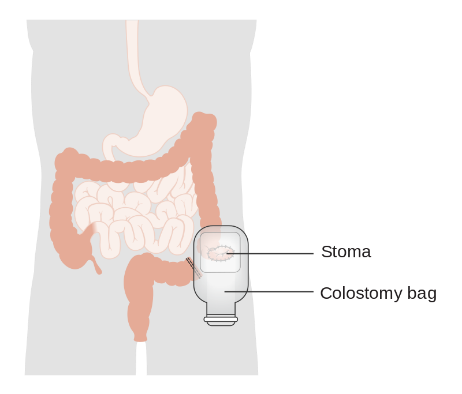Most people have no problem resuming their sex life after bowel surgery. It may be a few weeks before you feel ready.
Others may find it harder, especially if their rectum has been removed (proctectomy). For example, surgery to the rectum can affect the nerves and blood supply to the sexual organs. This may result in problems such as:
- Erection and ejaculation problems. This usually clears up over time.
- Narrowing and shortening of the vagina. This can make sex painful. For some, it can also lead to a loss of sensation or less vaginal secretions. Usually simple solutions, such as lubricants, can help these problems.




